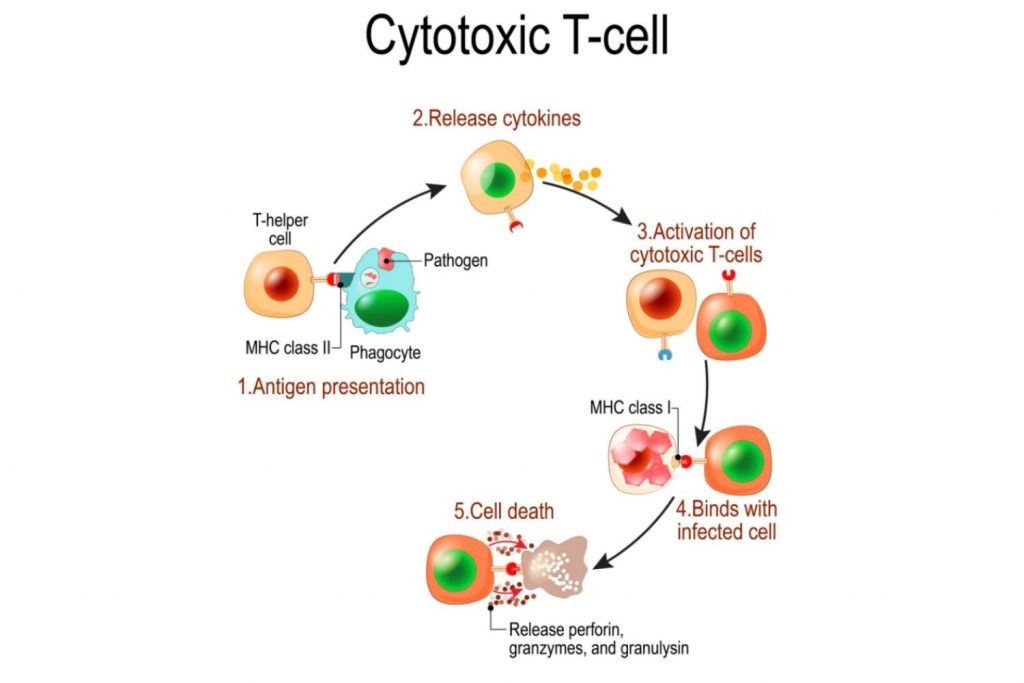Positive Effects of Exercise on Cancer
We all know someone that has had cancer. In our family my dad and sister are cancer survivors.
And although this disease is very close to all of us we often don't know what to do when it comes to exercise and cancer. Should you exercise or not? Does it help or harm?
I'm not an oncologist and so don't take these ramblings as medical advice. But I still keep an eye on the research and stay informed as more information on this topic becomes available.
A paper out of the Karolinska Institute in Sweden gives some promise for exercise with cancer.
The authors looked at over 100 studies, involving over one million adults and 13 different types of cancer.
What they found was that exercisers had better outcomes, related to their cancer, than those who didn't exercise. It appeared that exercise helped prevent the onset of cancer. And it helped the body fight back more effectively against the cancer.
So how does this happen?
Well it appears there are particular immune cells, cytotoxic T cells, that are positively influenced by the effects of exercise. These immune cells, aka killer T cells, have enhanced function with individuals that exercise.
Source: https://www.thoughtco.com/t-cells-meaning-373354
Researchers have transferred the T cells of mice that exercise, to non-exercising mice, and seen tumour reductions.
More specifically it appears that certain metabolites are produced during exercise that play a role. Lactate, in particular, seems to bolster T cell activity. When mice where given sodium L-lactate there was an increase in T cell activity and greater decrease in tumour growth.
While this all sounds promising there are a few things to keep in mind:
- The papers reviewed and cited included adults with cancer. We might expect similar results with children but the research didn't include younger people.
- The results were based on 13 different types of cancer. This is about 10% of all known types of cancer. It is possible that different types of cancer would respond differently to exercise as an intervention.
- The studies where T cells or lactate were transferred or injected to non-exercisers involved mice. Again, we must take a conservative stance that not every animal will respond in the same way to disease and treatment.
- When we hear lactate we may assume high intensity exercise when this is produced. Make sure you ease into exercise and build a solid aerobic base before incorporating intense bouts or intervals.
The take home message here is that exercise is beneficial for those with cancer. If you have never exercised before make sure to talk to your doctor first before getting started. Start slowly and build a base. And if you have any questions or need some help make sure to reach out.
Reference
Rundqvist, H., Veliça, P., Barbieri, L., Gameiro, P. A., Bargiela, D., Gojkovic, M., ... & Ule, J. (2020). Cytotoxic T-cells mediate exercise-induced reductions in tumor growth. eLife, 9, e59996.
When you subscribe to the blog, we will send you an e-mail when there are new updates on the site so you wouldn't miss them.

Comments